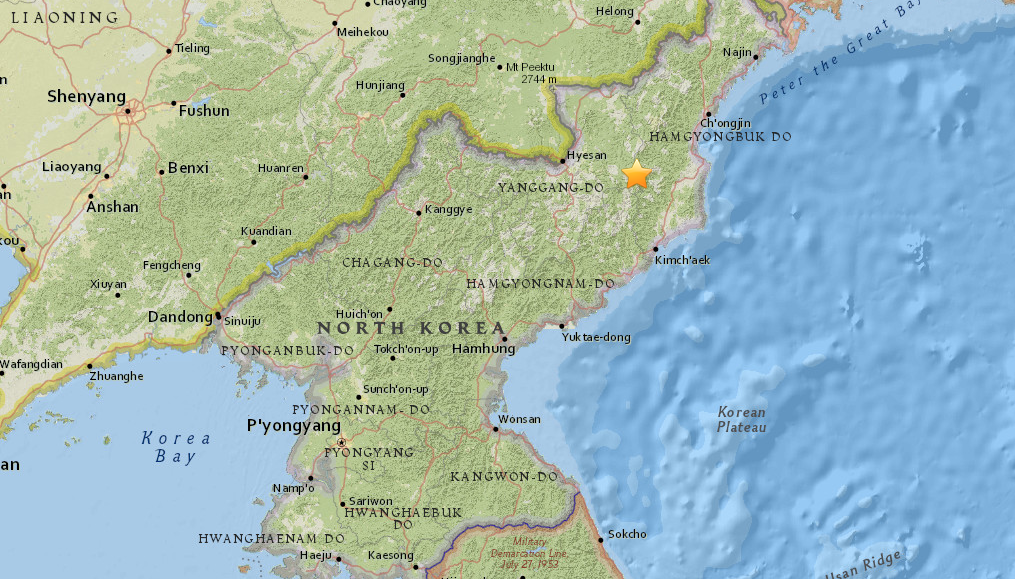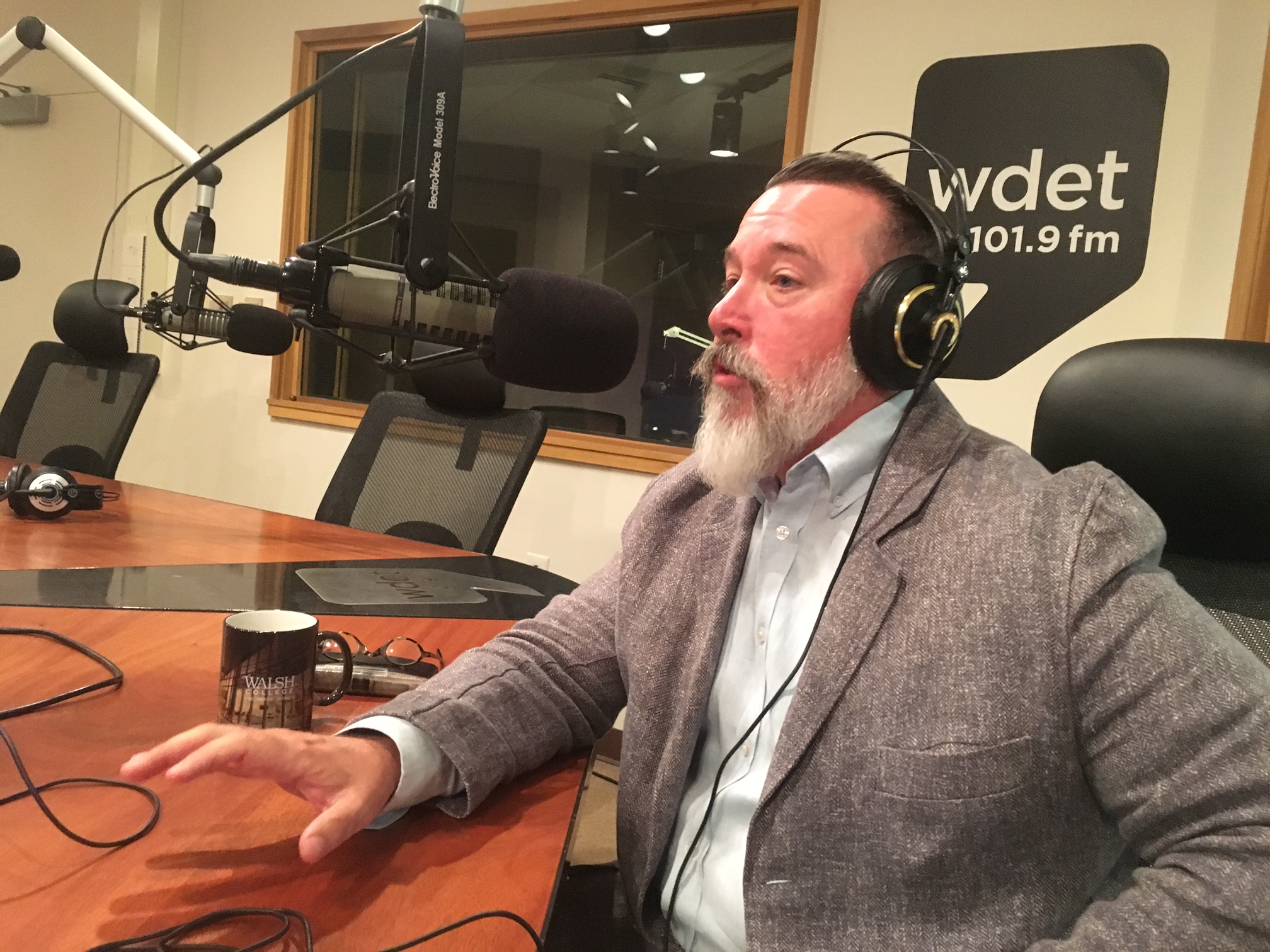How Will Trump’s ‘Fire and Fury’ Comment Affect North Korea Escalation
“It’s almost like a schoolyard bluster.”


President Donald Trump this week doubled down on his tough rhetoric toward North Korea. Trump’s “fire and fury” comment came in the wake of intelligence reports that suggest North Korea has developed technology to miniaturize nuclear weapons.
North Korean officials apparently weren’t phased by Trump’s warnings. Just after his “fire and fury” statement, they made a very specific threat against Guam — a strategic military location for the U.S.
What does this continuing escalation mean for world security? What does it mean for America’s standing as a superpower?
Two local experts weigh in on Detroit Today.
“I think in many ways that’s some of the worst bellicose language,” says Peter Trumbore, associate professor of political science at Oakland University, and coordinator of OU’s international relations program.
“When you make that kind of statement to the North Koreans what you are asking them to do is, in fact, to double down,” Trumbore continues, “to come back with something equally — if not more — aggressive.”
University of Detroit Mercy professor of comparative and international politics and political theory Stephen Manning also joins the show.
“It’s almost like a schoolyard bluster,” says Manning. “And it’s very very different from the firm, measured language that (past) presidents have used in these kinds of situations.”
Click on the audio player above to hear the full conversation.
